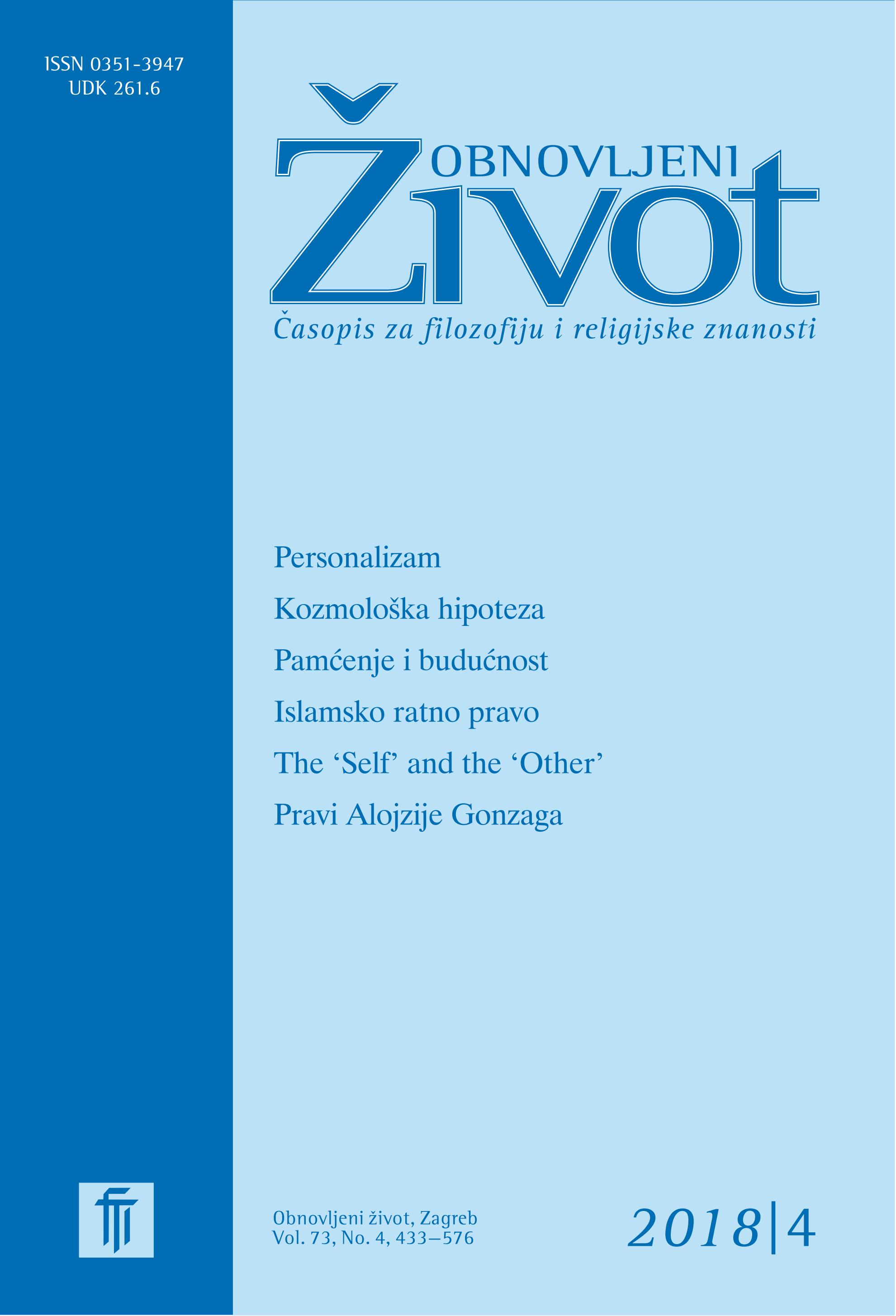Personalism in the United States of America
Keywords:
personalism, integrity, impersonalism, theism, societyAbstract
The problem of the person — its structure with respect to sociological, religious and epistemic components — is present in North American philosophy since its early beginnings, from the time of Puritan idealism to the Boston and California schools. Since the middle of the eighteenth century, the issue of the personality or individuality is present in debates between the American Enlightenment and transcendentalists in which attempts are made to respond to questions on the kind of equal relationship which must be established among legally chosen authorities, institutions and the individual. The person was discussed in critiques on individualism which included elements of philosophical and theological discourse about the personality of God. Although idealism dominated in universities, and personalism was still of minor importance, it slowly became an equal interlocutor in academic discourse. American personalists did not impose their theories in the form of political programs or religious doctrines. Still, we discern therein separate philosophical reflections which, like personalism in Europe, strive to respond to the question of the person from the theological, sociological and scientific perspectives.
Published
Issue
Section
License
Jednom prihvaćeni članak obvezuje autora da ga ne smije objaviti drugdje bez dozvole uredništva, a i tada samo uz bilješku da je objavljen prvi put u Obnovljenom životu. Uredništvo će obavijestiti autora o prihvaćanju ili neprihvaćanju članka za objavljivanje.
Članci objavljeni u časopisu se, uz prikladno navođenje izvora, smiju besplatno koristiti u obrazovne i druge nekomercijalne svrhe.


